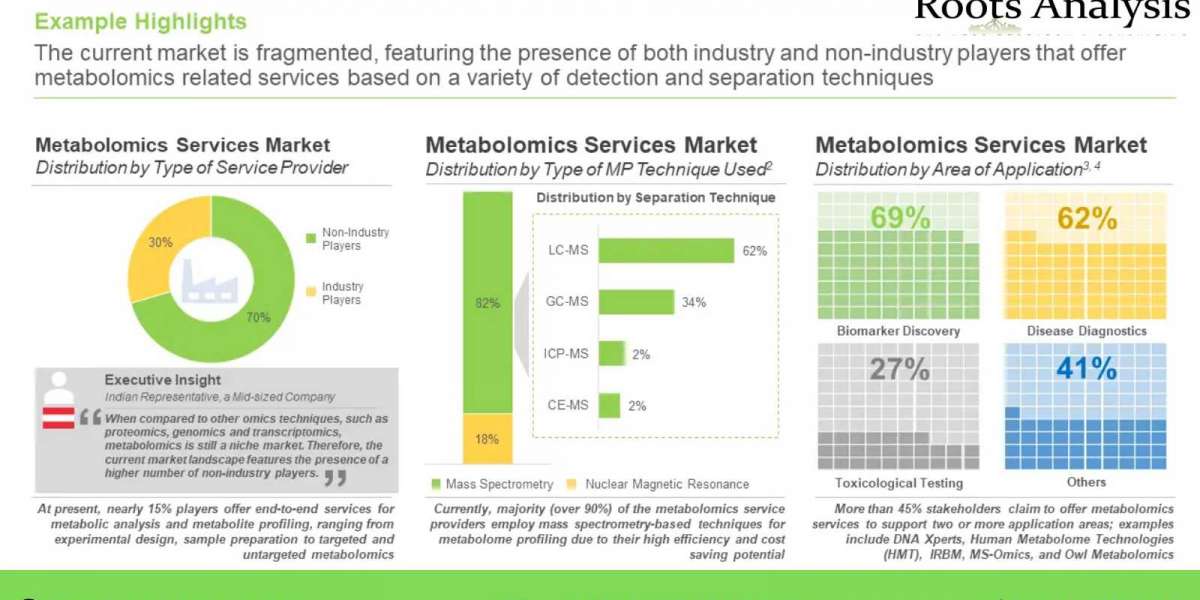Women may take drugs for a variety of reasons. Some of these include coping with painful experiences from menstruation and childbirth, trying to feel better about themselves, and self-medication.
Women may also experience more barriers to addiction treatment. These include a social stigma against admitting drug use, lack of transportation or childcare, and financial concerns.
Pregnancy
Pregnancy is a time of excitement and change for most people, but it can be a frightening time for women with addictions to drugs or alcohol. Pregnancy and drug addiction often go hand in hand, so it’s important to make sure the woman you love has access to treatment that addresses both conditions.
Many pregnant substance users feel afraid to be identified as drug users, and this fear can prevent them from seeking care and services. Interviews with women who used drugs or alcohol during pregnancy reveal that they tried a variety of strategies to avoid detection. Some strategies were pro-social and health-promoting, such as charting their drug use and scheduling appointments so that persistent usage would not show up in a urine test before delivery.
Other strategies were more harmful, including hiding or denying their use, skipping prenatal visits and sometimes even avoiding the hospital to deliver the baby at home. Regardless of the type of strategy used, family members and close friends can help by rallying support to participate in an intervention.
Childbirth
Pregnancy is a major life event and one that can be dangerous for a woman who is addicted to drugs. Some illicit drugs, such as opiates and sedatives can be absorbed into the fetus through the placenta. This can cause serious side effects for the infant and is linked with Neonatal Abstinence Syndrome or Fetal Alcohol Spectrum Disorders (FASD). Alcohol consumption also causes harm to a developing baby by passing through the umbilical cord.
Women interviewed for this study reported confusion about their ability to access treatment while pregnant. They were unaware of individual clinic and hospital drug testing policies and how this would impact their interactions with medical professionals. This confusion led to their adopting strategies designed to avoid detection, including hiding or denying the pregnancy, timing their prenatal appointments so that persistent substance use did not show up on drug tests, skipping some prenatal visits and even staying home from prenatal care altogether.
More education about the benefits and limitations of methadone treatment during pregnancy could help to alleviate this confusion. Education could include information about the hospital delivery experience, how to recognize infant withdrawal symptoms and how to soothe babies who are experiencing methadone withdrawal after birth.
Unhealthy Relationships
Women in toxic relationships are at a higher risk for addiction. They may seek drugs to cope with feelings of loneliness or to feel more in control. Women are also prone to high levels of daily stress because they often take on a lot of tasks at work and home. These underlying issues can lead to drug use and relapse in recovery.
Biology and social roles combine to create unique addiction consequences for women. These can include motor vehicle accidents, intimate partner or sexual violence, suicide attempts and fatalities, child abuse or neglect, and the consequences of misusing alcohol or drugs during pregnancy such as fetal alcohol spectrum disorders and neonatal abstinence syndrome (NAS).
Women may face barriers to seeking treatment for their addiction because they are unable to afford care or are too busy with children or work. Many women are also ashamed to admit they have a problem and struggle to find information about their options.
Guilt and Shame
Guilt is a normal human emotion that can motivate people to make amends for their mistakes and encourage self-improvement. Shame is different, and it’s much harder to overcome. According to Brene Brown, “shame is the deepest of all emotions, underlying all other negative feelings”.
Women with a substance use disorder might feel shame or guilt about their addiction. They may feel that they are not good enough, or that they deserve to suffer for their mistakes. This can prevent them from seeking treatment. They might also worry about how their family members will respond to their diagnosis.
Getting help is the best way to combat feelings of guilt and shame. Most treatment programs include therapy to address these issues. Group therapy is often the most effective, and it can help you heal in a safe environment. Therapy can also help you identify your core beliefs and confront past trauma. Treatment programs might also offer support groups, such as SMART Recovery and Moderation Management.








